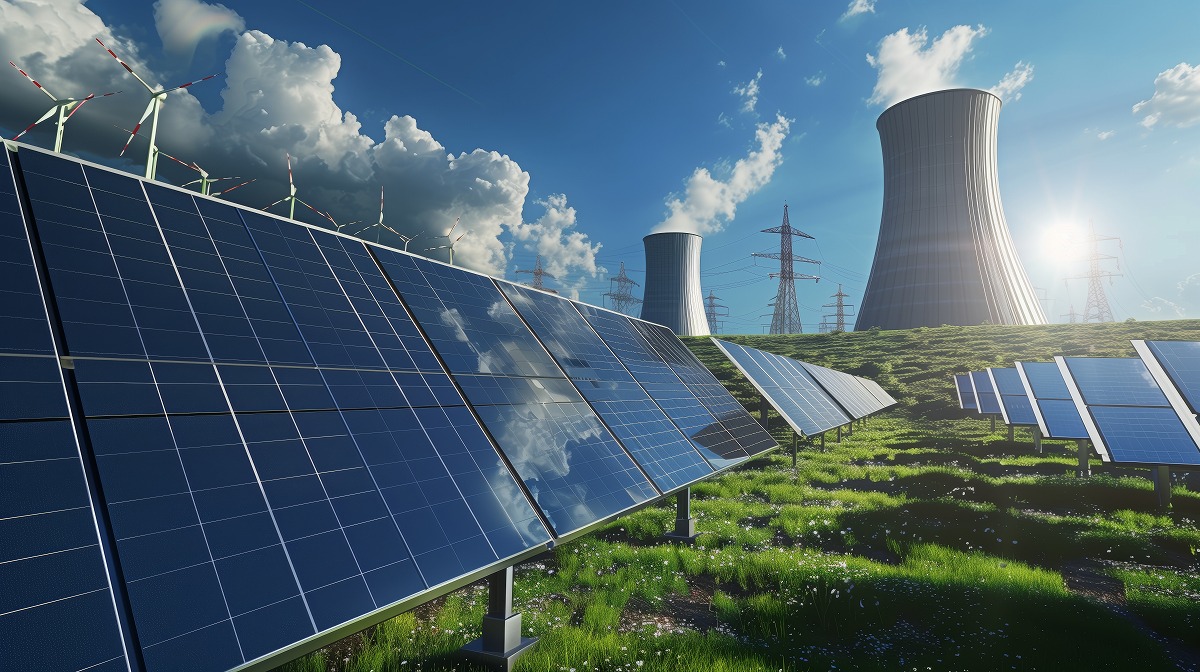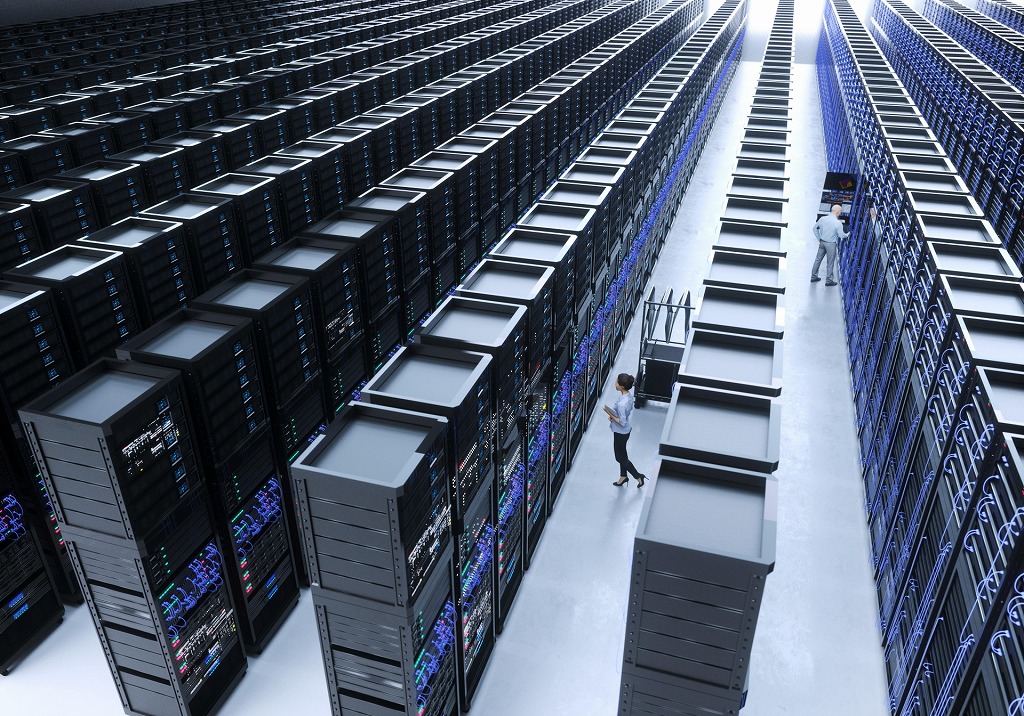
TOPICS & NEWS

2024.11.27
We’ve previously discussed how the rapid proliferation of artificial intelligence (AI) has significantly increased the global demand for data centers.
In recent years, both semiconductor factories and new data centers have been actively constructed domestically [in Japan]. However, the government aims to achieve net-zero greenhouse gas emissions, including CO2, by 2050.
As companies grapple with the challenge of securing the massive amounts of electricity consumed by data centers, they are devising innovative ways to meet demand while reducing carbon dioxide emissions through the use of renewable energy.
In this context, I’d like to introduce an announcement from Google related to this power challenge.
Google Announces Purchase of Power from Small Modular Reactors
Google has announced plans to purchase electricity from small modular reactors (SMRs) developed and installed by Kairos Power, a US next-generation nuclear power company.
The company aims to have the first SMR operational by 2030 and deploy additional reactors by 2035, with a total of seven SMRs providing 500 megawatts of power.
SMRs can be assembled in factories and then transported to the installation site as a complete unit (module), reducing construction time and costs compared to conventional nuclear power plants. Their smaller size also allows for more flexible site selection and easier cooling, making them safer.
Due to these advantages, SMRs are being developed worldwide, including in the United States, as a next-generation decarbonization power source. However, one of the challenges in implementing SMRs is finding buyers for relatively high-cost electricity until SMRs achieve economies of scale.
For Google, this move aligns with its goal of addressing the power needs of its AI data centers while advancing its decarbonization objectives.
The government is also supporting private initiatives. The US government has set a goal of tripling nuclear capacity by 2050 and is working to promote SMRs through initiatives such as supporting demonstration projects and building a fuel supply chain.
The US Department of Energy (DOE) has announced up to $900 million in support for next-generation SMR development, and public-private efforts to promote SMR development and construction are intensifying.
Power Challenges and the Need for Global Action
In the United States, IT giants are investing in nuclear energy one after another. In contrast, the trend toward phasing out nuclear power is accelerating in Europe, particularly in Germany and Italy. Japan is also not as proactive in nuclear power.
As the demand for AI continues to grow, countries around the world will be forced to address power challenges.


dil_admin
TOPICS & NEWS



 JA
JA




